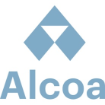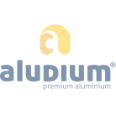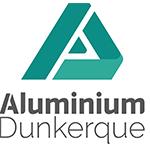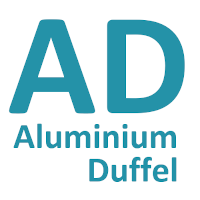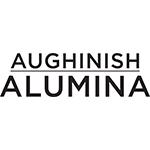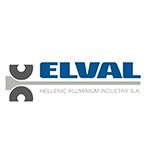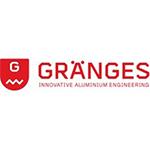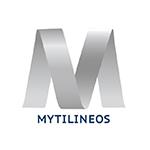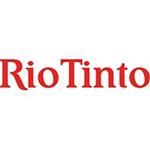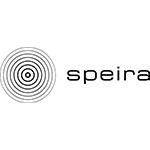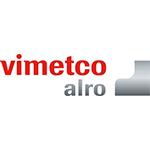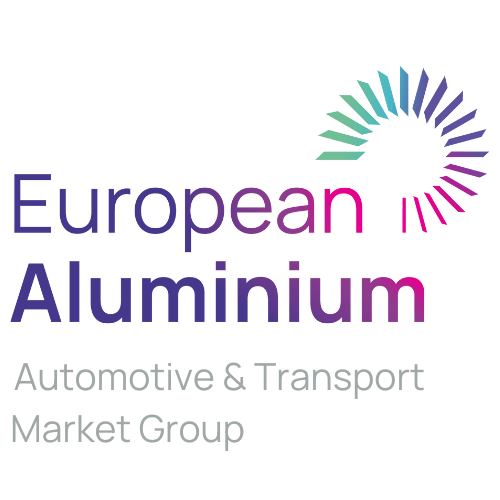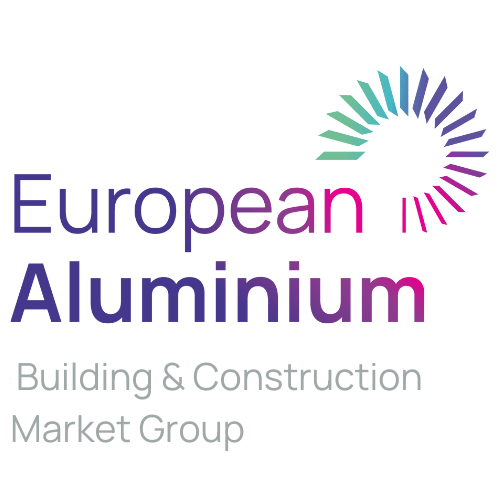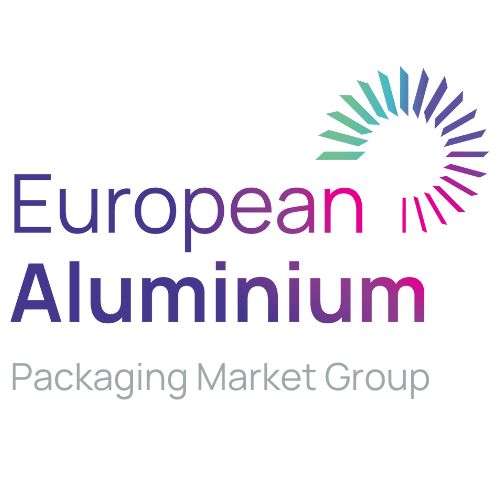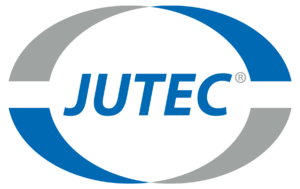What We Do

Initiate EU-Projects
The Innovation Hub facilitates the development of collaborative project proposals for its members and joins proposals under development, especially EU project proposals submitted to the EU’s Horizon Europe research and innovation funding programme.

Participate in Public-Private Partnerships
The Innovation Hub leverages its extensive stakeholder network, including policymakers, experts, and research institutes, to participate in relevant Public-Private Partnerships (PPPs), including Processes4Planet, Made in Europe, and Built4People.

Develop collaborative studies for its members
To address the priority topics defined by its members, the Innovation Hub organises collaborative studies. These studies are developed based on a tendering process to select the best external contributor, to better address the challenges and to contribute to the sustainability targets of the aluminium industry.

Connecting to the research community
The Innovation Hub maintains close ties with Europe’s leading Research and Technology Organisations (RTOs) by organising ad-hoc Innovation Workshops for members and stakeholders. The workshops aim to encourage collaboration with the aluminium industry and initiate new project ideas.

